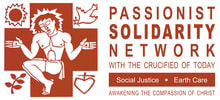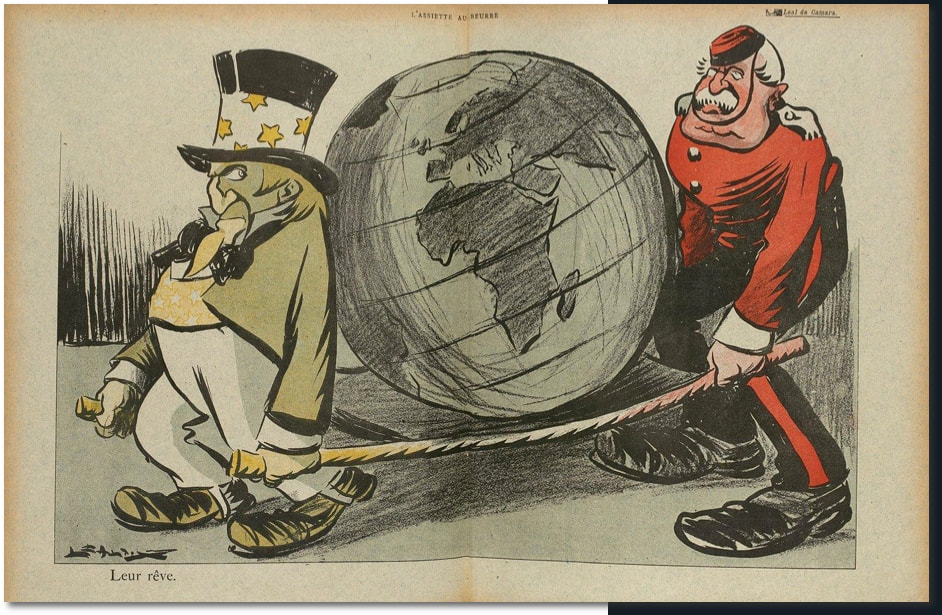|
Solidarity news and reflections of interest to the Passionist Family So, for me, the white man’s burden is to listen to how the system with which I am comfortable hurts and does violence to others who are not like me. I have been blessed with opportunities to listen to the stories of others. My burden is to repent of how I participated in this, knowingly or unknowingly. I am writing this as a white male, born and raised in the U.S. I would be designated a “baby boomer.” I am 61 years old. I am a Roman Catholic. Politically, I am an independent. There are times when the cries of movements such as “Black Lives Matter,” and “#Me Too” can feel overwhelming. And many people, I think, would attribute part of the divisions in my country to a “white backlash” against movements like these. What I offer here is a personal reflection on what is going on, and what the response of people like myself could be. I chose the title of this essay because of something written by the British poet and author Rudyard Kipling. After the end of the Spanish-American War in the last years of the 19th century. Kipling, as a member of the British Empire, wrote a poem entitled, “The White Man’s Burden.” In the poem, he invited the United States to join the British in taking up the “white man’s burden,” that is, to join in the task of bringing civilization to the darker-skinned, more “primitive” peoples of the world. As you may suspect, there were criticisms of this even when it was written. The poem, as well-meaning as it might have been, comes out of an arrogance about the superiority of the white race and Western civilization. Today, most of us would not subscribe to such arrogance. But in light of what I mentioned above, I do believe there is a “burden” if you will, that needs to be taken up by people like myself.
I can agree with the sentiments expressed in movements such as “Black Lives Matter” and “#Me Too.” I know that racism, and all the other “isms” that translate into injustice, are present. But there are times when I can feel that all of the world’s problems are laid at the feet of white men. And some, maybe most, people would say “Yeah, you are the group that has been in power for so long. Of course, it’s all your fault.” But it can’t be my fault, can it? I didn’t enslave people from Africa centuries ago. My ancestors were immigrants. I didn’t decide that women should be paid less for doing the same work or exploited in so many ways. Somebody else decided that. Why am I blamed for all that? That wasn’t me. That isn’t me. And here is where we get into the white man’s burden for today, in 2018. It may be true that neither myself, nor my ancestors were slave owners or people who institutionalized prejudice against women or people of color. But as long as I am comfortable with the institutionalized prejudice known as racism, or the institutionalized discrimination known as sexism, or the systems that condone any other “ism” that is out there, I help with their perpetuation. Being “comfortable” with something is different than outright condoning it. Do I approve of racism and discrimination in all its forms? Of course not! But am I comfortable with how things are because it doesn’t affect me directly? That’s another question. So, for me, the white man’s burden is to listen to how the system with which I am comfortable hurts and does violence to others who are not like me. I have been blessed with opportunities to listen to the stories of others. My burden is to repent of how I participated in this, knowingly or unknowingly. To try to go back to a past time when my worth was not questioned is not the answer. It is not the answer to always blame the victim for his or her misfortune. If I rush to speaking about things such as “black-on-black violence,” that is part of what I’m doing. Personal responsibility is always important, but systems which degrade certain groups of people can hinder even the most responsible of people, and can lead others to give up hope. To fall into the temptation of playing the victim is not the answer, either. To feel sorry for myself because others may not see me as an example of all that is right, or because I feel so guilty doesn’t really help. There are those out there who may not have anything to do with me because I am white and/or male. That is what prejudice feels like. But it isn’t institutionalized against me. And that’s the difference. There are many more people who are willing to work with others, including myself, to help make this country, and this world, a better place. But as long as we buy into the mentality that you having more means me having less, then we probably won’t get very far. I see my burden as a white man is to listen, really listen to how the status quo affects women and people of color and others, to acknowledge my complacency with what is, and to work toward a better future, not just for me, but for all. It may, nay, it will, make me uncomfortable. It may mean having to listen when I don’t want to. It will mean dying to myself. But that is the burden I am willing to carry. August 2018 Image: “Leur rêve.” Translation: “Their dream.” L’Assiette au Beurre, June 27, 1901 Artist: Théophile Steinlen Source: Bibliothèque nationale de France [cb20-226_1901_June27_212-213]
0 Comments
Leave a Reply. |
Categories
All
|


 RSS Feed
RSS Feed